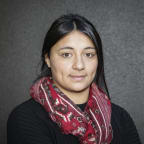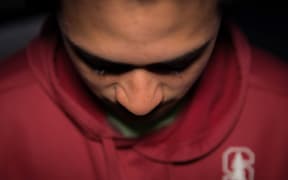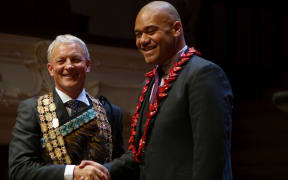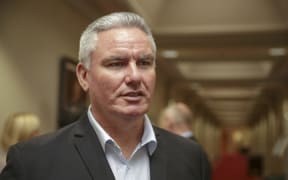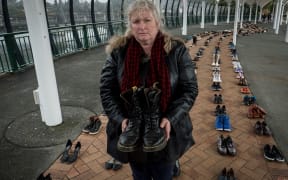A leading Māori researcher is tackling the great health inequities facing indigenous peoples around the world.
Matire Harwood from Auckland University has received a $25,000 grant as part of the 2017 L'Oréal UNESCO For Women in Science Award.
Dr Harwood said the health of nearly 400 million indigenous people worldwide was disproportionately worse than their non-indigenous counterparts.
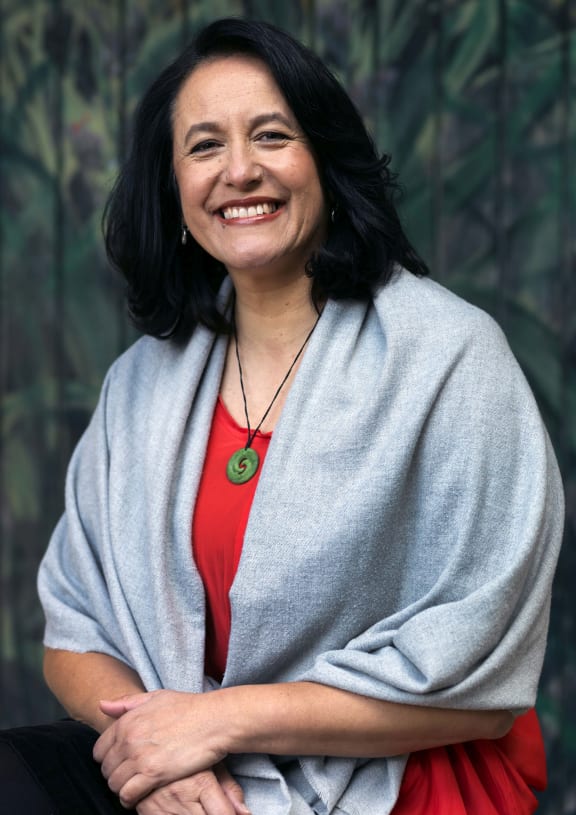
Matire Harwood Photo: Supplied
She said she would use the fellowship to help bridge the gap between the health status of indigenous and non-indigenous people across the world.
And she said she has committed to reducing the numbers of Māori who suffer significantly higher rates of sudden unexpected death in infancy, rheumatic fever, mental health and cardiovascular diseases than non-Māori.
Dr Harwood said health inequities were often a result of wider systemic inequalities in housing, income, education and justice.
She said health inequities also exist because of the make-up of the health system itself.
"It appears that we have a health system that isn't responsive to Māori health inequities. We do look at institutionalised racism in our work particularly in the area of policy and how policy values some people over others.
"Those people who are determining policy and who are running the institutions need to hear back from the people they're affecting - from our communities, from our whānau.
"Institutionalised racism is real for them. It means that they're missing out on good quality health care and good health outcomes as a result."
She said if Māori health improved in New Zealand, the whole nation would benefit.
"As a result it will really lift up New Zealand as a whole. We know that people who are missing out or who have poor health can actually have impacts on the wider economy and on the wider well-being of a nation."
The health and social service provider Whānau Ora serves around 12,000 whānau nationwide. Māori make up 70 percent of those who use the service.
Its chief advisor, Nancy Tuaine, said these numbers were an indication that the way Whānau Ora operated works for Māori.
"In a Whānau Ora approach, you would actually talk to the whole family.
"Because if the person cooking the meals doesn't know what a diabetic needs to improve their wellbeing then nothing in that household is gonna change."
Dr Harwood said in order to address inequities in health between indigenous and non-indigenous peoples, there needed to be more indigenous leaders at the decision-making table and a reconfiguration of the way health services provided care.
